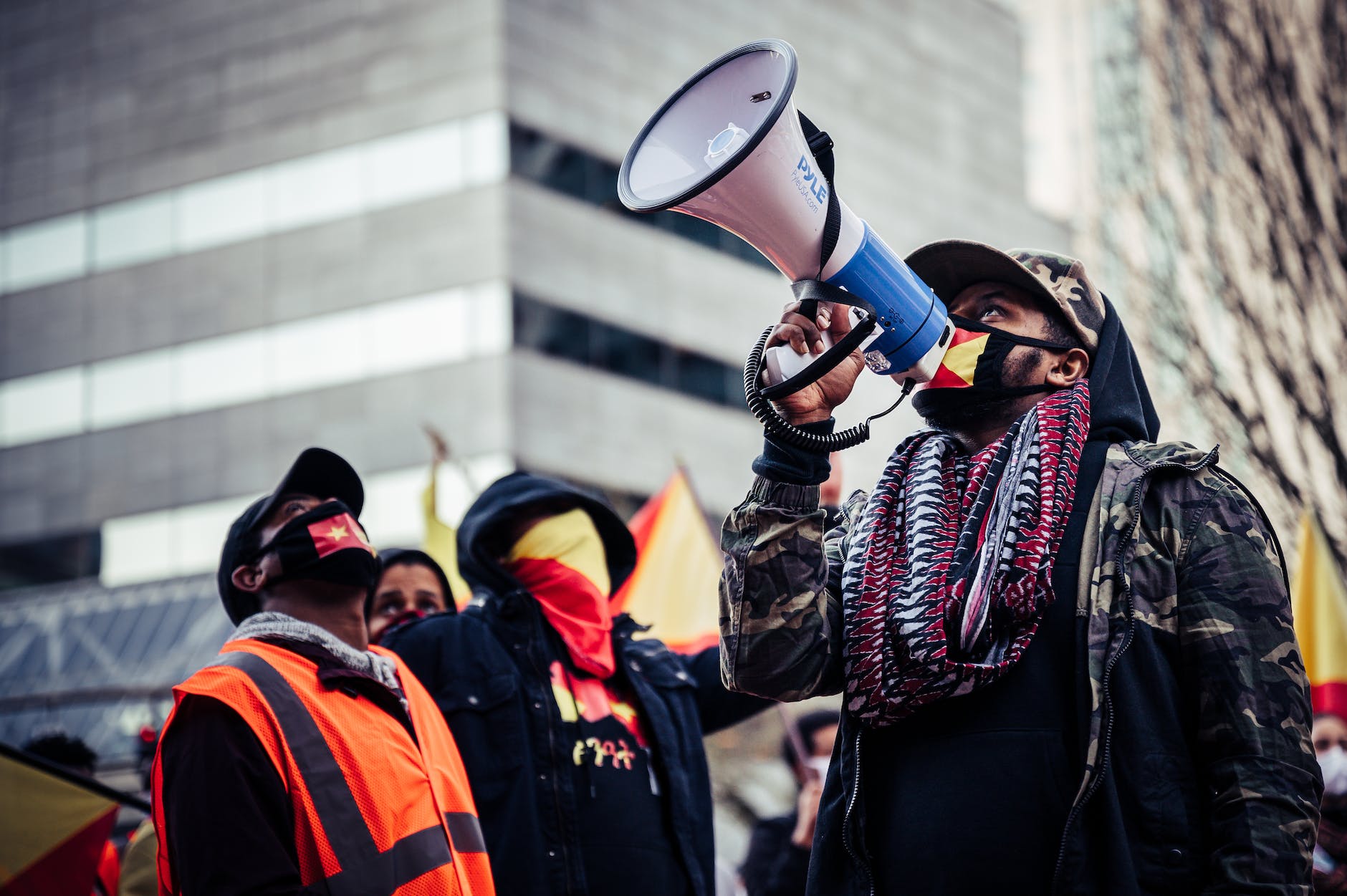American society, since close to its inception in 1619, has always created a society that was oppressive to African Americans to greater or lesser degrees. African Americans have resisted in many ways including the Southern Christian Leadership Council, Student Non-Violent Coordinating Committee, Black Lives Matters, and the Black Panthers movement. Each of these methods were important and instrumental in American society, but the rightful attention paid to these methods sometimes obscures awareness of another significant method of cultural resistance, the Colored Conventions Movement.
The Colored Conventions Movement was an effort to bring African Americans together from different strata of society, and free and if ever possible the currently enslaved, to discuss issues of racial injustice and work together to affect change. The Colored Conventions website explains their importance, “As empowering hubs of Black political thought and organizing, the Colored Conventions provided space for informed public audiences to develop political plans and community-building projects, celebrate racial unity and protest state violence, and work tirelessly to secure Black people’s civil rights.” The Conventions impact on African American history was profound.
The genesis for this movement was economic competition. Cincinnati was seen as a refuge for escaped former slaves and free African Americans and many came seeking work and freedom. Their arrivals and their associated poverty upset many local Irish laborers who worried about job competition and changes in the makeup of the city and created measures including banning African American new arrivals and possibly requiring them to provide a bond guaranteeing their finances while they lived in Cincinnati. In 1829, these efforts were only considered half-measures by the local Irish laborers of which over 300 rioted destroying African American property and causing many injuries.
After witnessing a further example of how the levers of power are used against themselves, African Americans organized the first Colored Convention. African Americans recognized the importance of generating local support for national movements and after Hezekiah Grice of Baltimore suggested such a convention it was first carried out by African Methodist Episcopal Bishop Richard Allen of Bethel AME in Philadelphia for African American men in 1830. The participants in this and future meetings came from a diverse variety of classes, states, occupations, and political viewpoints, but unquestionably they sought the improvement of conditions for the African American race, in a country which treated them poorly, by seeking to extend the promises of both the Declaration of Independence and the Constitution towards themselves, to advocate for African American freedom through any possible legal remedy, and to raise money for furthering this goal.
From it’s energetic beginning, the Colored Convention movement continued to grow. As described by the Colored Conventions Project, “Over the course of seven decades, tens of thousands of men and women from different walks of life traveled to attend meetings publicly advertised as “Colored Conventions.” There, they established committees, political plans, and circulated petitions; they raised funds to support Black newspapers, schools and community-building projects, and protested racial inequality and state violence. Many of these conventions would also produce census-style records that enumerated facets of Black American life at a time when Blacks were misrepresented or left out of official state records.” These conventions continued to support and enrich the African American community.
While it is easy to assume that the Conventions mainly focused on issues of freedom especially for continued enslaved persons, their concerns went to a wider range of African Americans’ concerns. Among others they advocated for labor rights and debated temperance, whether African Americans should voluntarily emigrate to Africa and other locals, temperance, voting rights, educational equality, and many others. They wanted to make the entire African American community strong as they began to use their log denied and greatly deserving freedom.
The Conventions were held over a large range of geographic locals including the Northeast, Southeast, and West of America and Canada. The Conventions popularized the African American community and provided a forum for airing their grievances to society at large. Influential African American luminaries became involved in the Conventions including Frederick Douglass, George T. Downing, Henry Highland Garnet, James McCune Smith, and Charles B. Ray.
The over 200 Colored Conventions were a powerful force for shaping African American culture and attempting to shape American culture. Many African Americans gained the experience in a political system that would allow them to assume government roles after the Civil War. Furthermore, the Conventions encourage farther African American organizing including the NAACP, the Niagara Movement, the National Association Of Colored Women or NACW due to the strong influence of women in the movement, and the organizing of today including the Rainbow Coalition, the Black Lives Matter movement, and others. The Colored Convention set the stage for political self-advocacy for the African American community that pushed for a path of justice and healing from the many insults and damages caused by White society in the United States.
Passionate history teacher who loves reading, discussing, and sharing history with others





